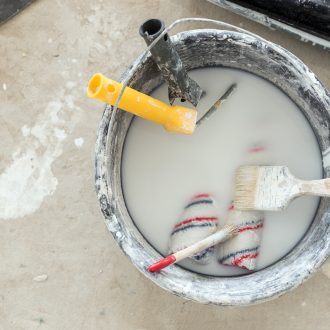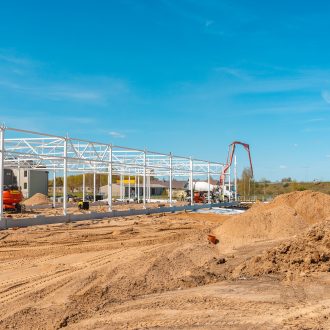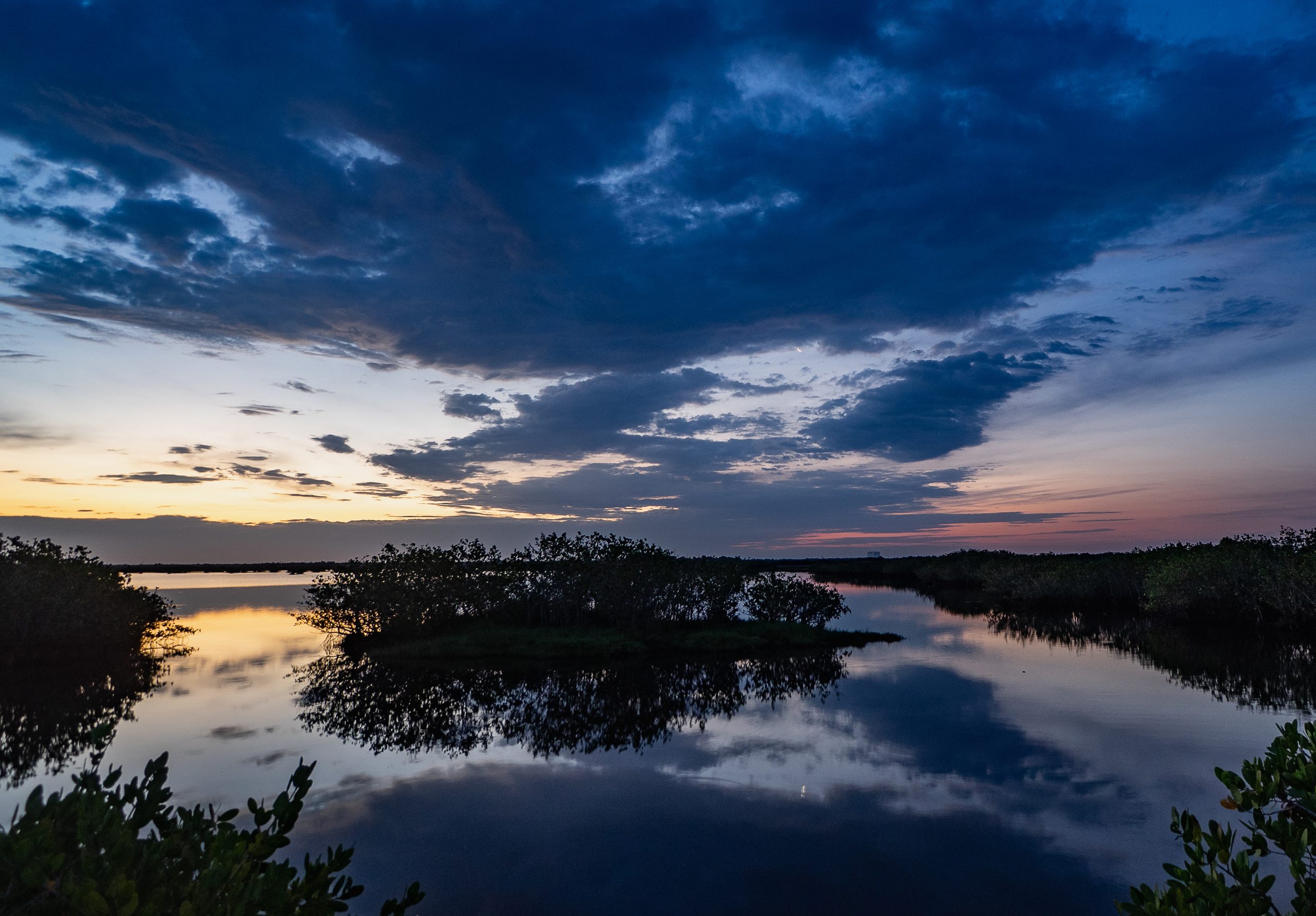
The Construction Generic Permit (CGP) allows a construction site to discharge surface stormwater associated with large or small construction activity to Municipal Separate Storm Sewer Systems (MS4) and waters of the State. Construction projects that impact over an acre of land or part of a larger common plan of development are required to execute the National Pollutant Discharge Elimination System (NPDES) inspections once a week and for every half inch of rain. These inspections allow construction sites to maintain compliance in accordance with the CGP. It is important to understand the purpose of these inspections and how they can help identify deficiencies that must be corrected so surrounding water bodies can maintain efficient and adequate water quality.
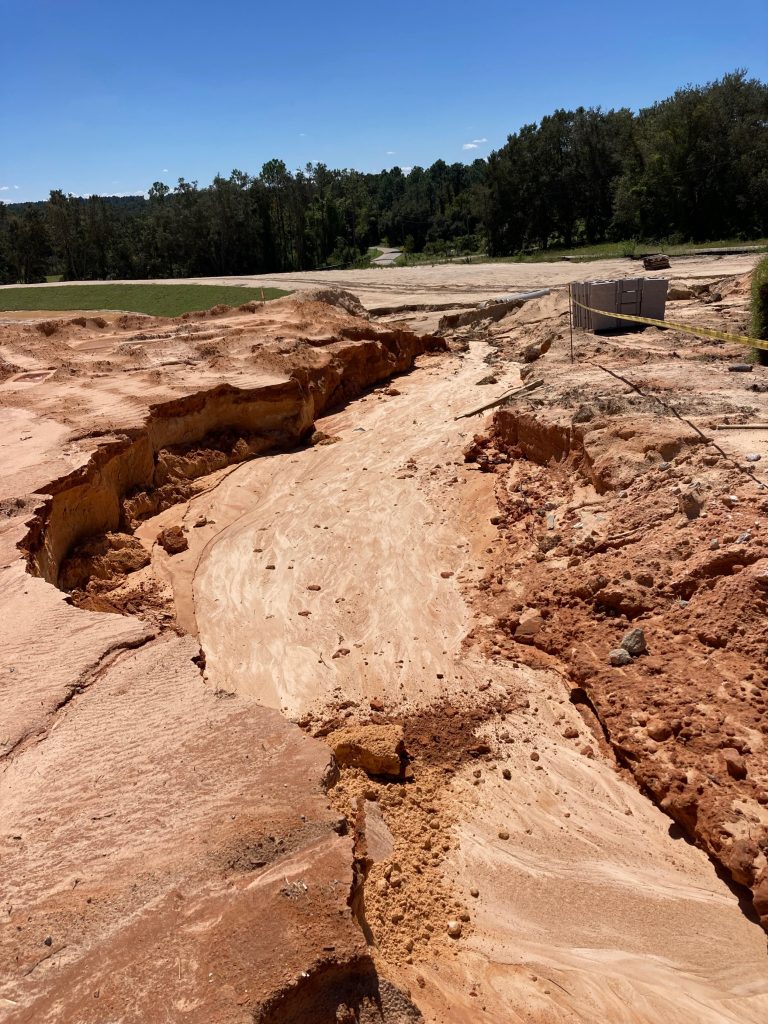
The field stormwater inspection process is one of the primary monitoring efforts for assessing and documenting compliance with permits and regulations. The number one effort regarding the inspection procedure is to ensure and document whether construction sites or industrial facilities are regulated under the NPDES program and comply with their Clean Water Act (CWA) obligations. Inspection activities performed by a regulatory authority for both construction sites and industrial facilities may be considered scheduled, routine or possibly on-demand when there may be an unusual need and response to a specific problem or emergency.
Conducting a Stormwater Inspection on a construction site is important. Construction operators are challenged every day in dealing with stormwater. Water that comes from rain that cannot effectively soak into the ground becomes stormwater. Stormwater has the potential to pick up pollutants.
Construction sites must deploy Best Management Practices (BMPs) to mitigate the risk of pollutants leaving the site and impacting local water quality. Improper management of sediment, chemicals, and other construction materials can have severe consequences for the surrounding environment. Regulatory agencies often monitor construction activities, and non-compliance can bring severe penalties. It is crucial that all personnel on-site are trained in BMP implementation and understand the importance of environmental protection. Proactive management is essential to avoid the pitfalls of pollution from construction activities.
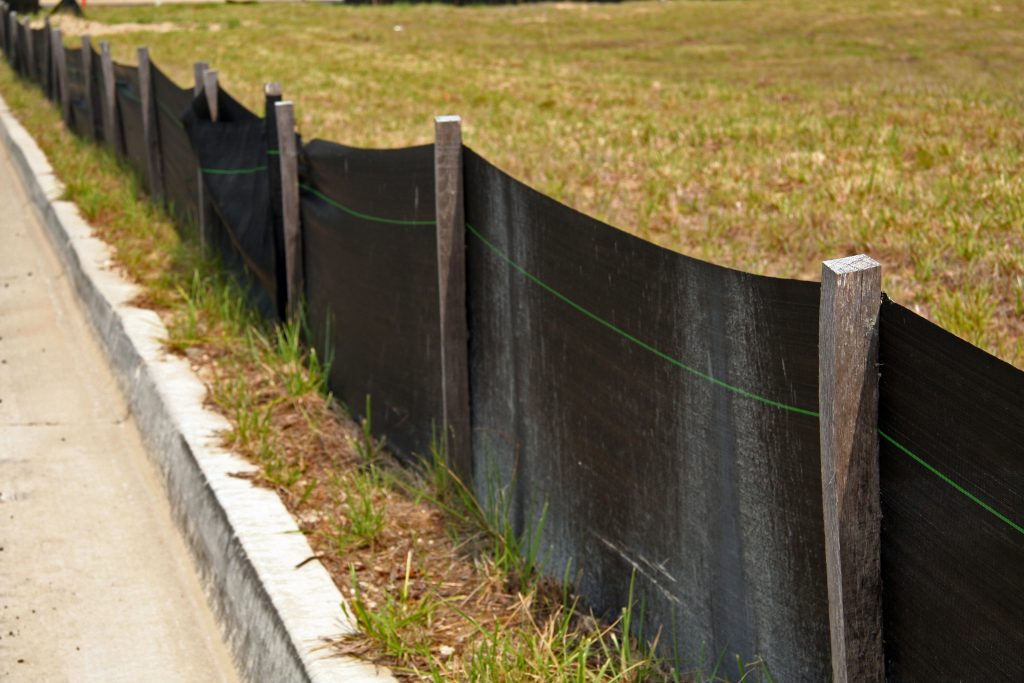
Implementing effective erosion and sediment control measures, such as silt fences, sediment traps, and stabilized construction entrances, is crucial to mitigate the impact of construction activities. Proper storage and disposal of hazardous materials, as well as regular site inspections and maintenance of BMPs, are also essential to ensure that construction sites do their part to eliminate sources of environmental degradation.
KCI can provide you with expert advice and recommendations on how to cost-effectively implement the right stormwater management BMPs for your construction site. Let us get to work for you today – (888) 346-7779.

